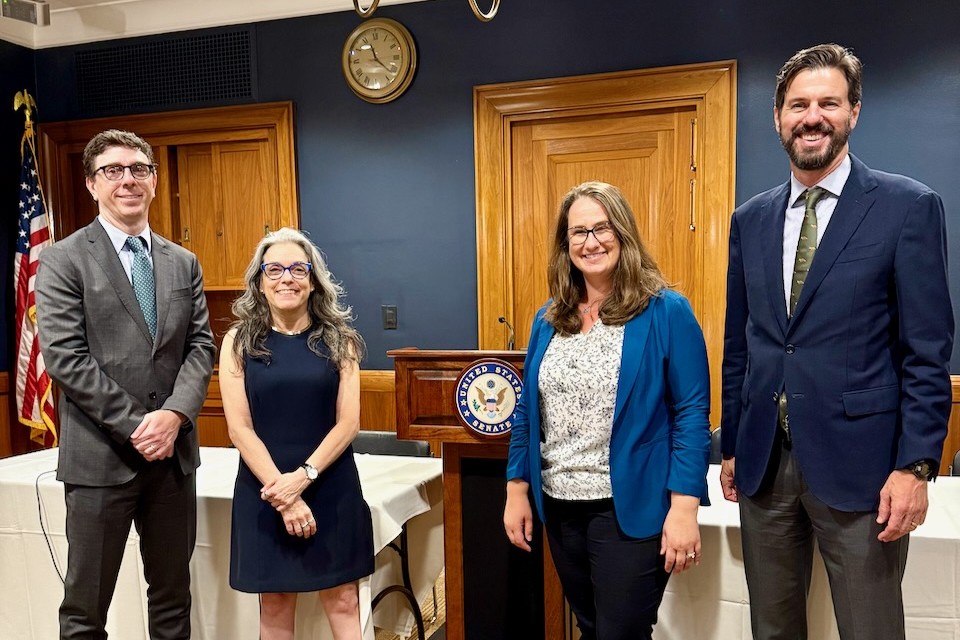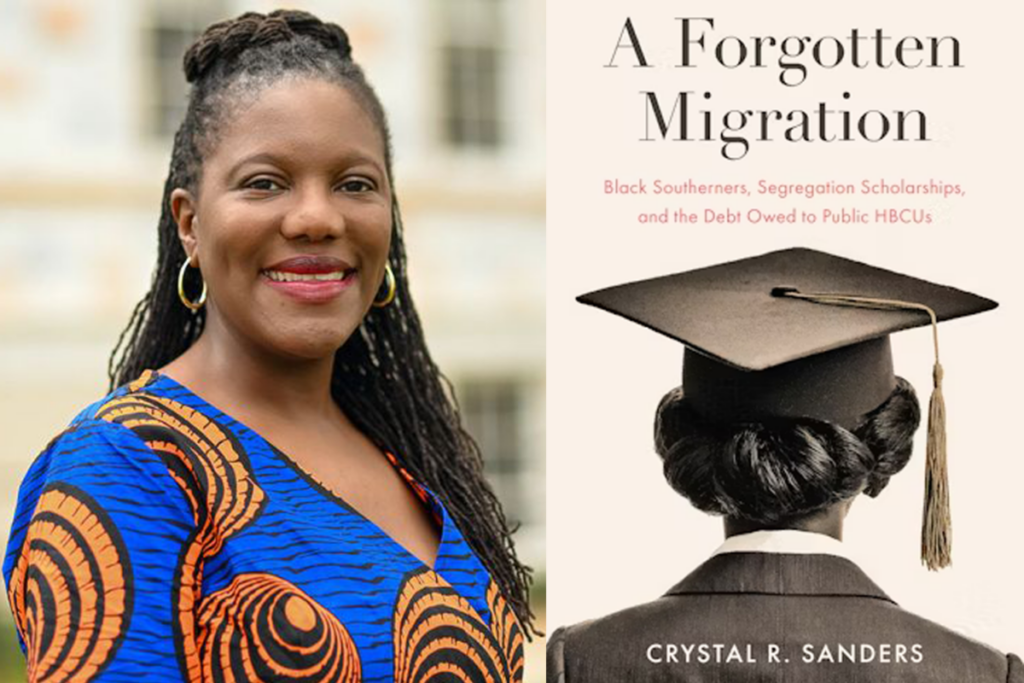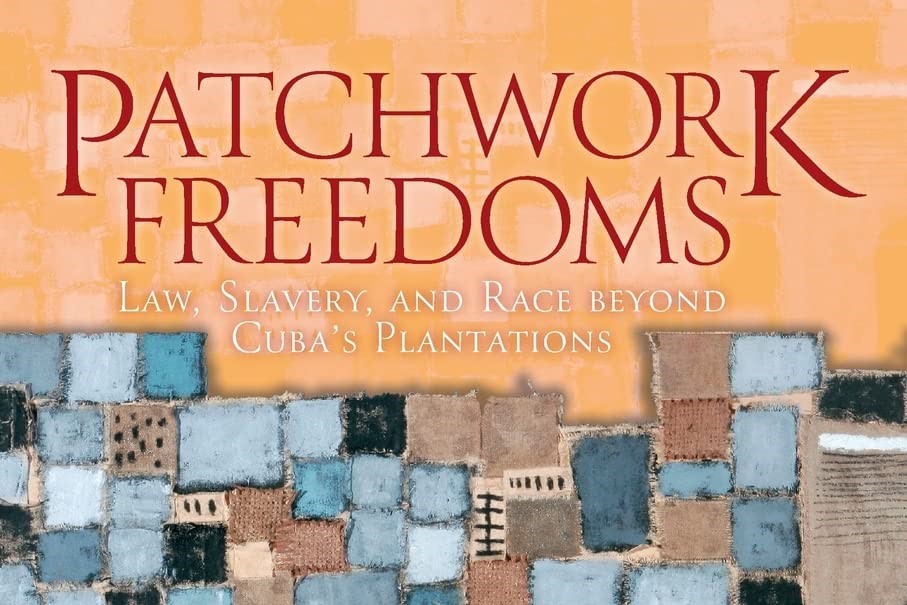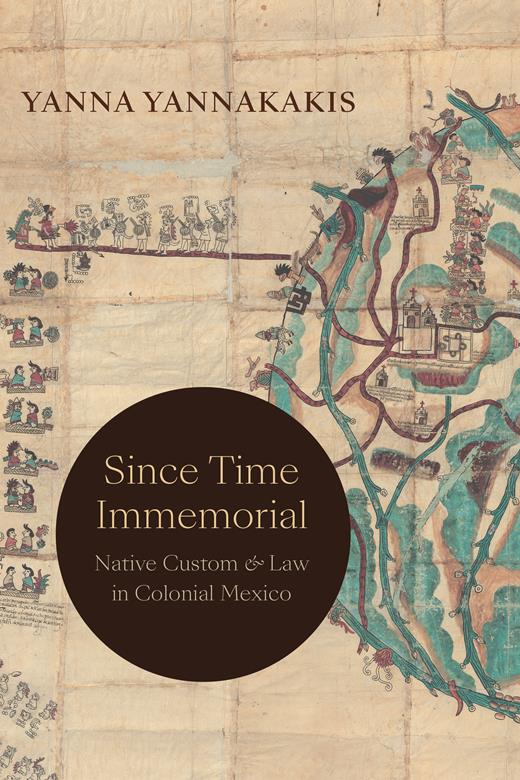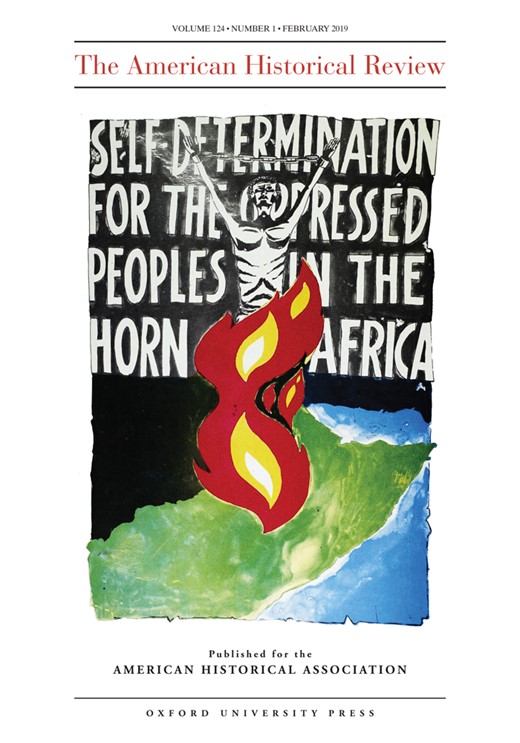
Dr. Jeffrey Lesser, Samuel Candler Dobbs Professor of History, published Living and Dying in São Paulo: Immigrants, Health, and the Built Environment in Brazil with Duke University Press in the spring of 2025. Editora UNESP recently released the Portuguese-language version, Viver e morrer em São Paulo: Imigração, saúde e infraestrutura urbana (século XIX até o presente). Focused on São Paulo’s Bom Retiro neighborhood, Living and Dying examines competing visions of well-being in Brazil among racialized immigrants and policymakers and health officials. Jerry Dávila, who holds the Jorge Paulo Lemann Chair in Brazilian History at the University of Illinois, describes Lesser’s book as “methodologically innovative, conceptually powerful, and engagingly written.” Both the English-language and Portuguese-language versions will have open access editions thanks to a tome (Toward an Open Monograph Ecosystem) grant from the Andrew W. Mellon Foundation and Emory University.
In the Q&A below, Dr. Lesser gives us a glimpse into the making of the monograph as part of the History Department’s New Books series.
Books are produced over years if not decades. Give us a sense for the lifespan of this book, from initial idea to final edits.
Living and Dying was conceived about a decade ago during a very boring meeting of department chairs and administrators. Fortunately, I was sitting in the back of the room with the bad kids, including Uriel Kitron, at the time chair of the Department of Environmental Sciences. As we discussed our mutual research interests in Brazil, we began to think of a project on the relation between immigration and health. It did not take long for us to jointly teach an interdisciplinary seminar on the topic and arrange a grant to bring some students in that class to Brazil. Starting about 5 years ago, I was able to arrange regular funding for what became the Lesser Research Collective, an interdisciplinary group of students from Emory and UNIFESP in São Paulo. While we all work in the São Paulo neighborhood of Bom Retiro, on questions related broadly to health, we do so via individual projects and then we meet weekly to share our research.
What was the research process like?
Living and Dying reflects the many approaches that I use to generate and analyze data. Like many in the humanities, I spent most of my career thinking of myself as a solitary researcher even while acknowledging the help of archivists, librarians, and students. For this project, however, I worked with three interconnected teams whose data, ideas, and conclusions influence every sentence of this book. The research is informed by disciplines including history, cultural studies, public health, anthropology, geography, and sociology.
I used a variety of historical and contemporary sources, including archives, observation, oral histories, cartography, digital map creation, photographic exhibits, and participation in city-sponsored health programs. Much of the material was found in the archives of the Emílio Ribas Public Health Museum, situated in the building that had been São Paulo’s Central Disinfectory, and the archival and historical space became an actor in the interpretation of some of the documents.
I used the Pauliceia 2.0 Historical Geographic Information Systems Platform to link quantitative data (e.g., demography, infrastructure planning, health outcomes, and socioenvironmental challenges) to the built environment, especially in order to see continuities in spatial patterns over time. I often matched the quantitative data with blueprints, architects’ notes, street notes, and press reports to map contemporary human flows through and around the buildings, which I then compared with photographs and etchings from earlier periods. My own observations and oral histories emerged from multiple years embedded in a primary care team at the Bom Retiro Public Health Clinic.
Are you partial to a particular chapter or section?
I loved writing “Unliving Rats and Undead Immigrants” because it gave me a chance to treat zombies and ghosts as serious historical actors. The chapter analyzes why public health officials targeted Bom Retiro and its residents during the turn-of-the-century bubonic plague and 1918 influenza outbreaks. I show how the two epidemics led to similar discourses from health officials, often targeting immigrants. The immigrant working classes responded to the two events in similar ways as well, ranging from using popular medicinal practices for care and cure, to rising from the dead to wander to and from Bom Retiro. The chapter also analyzes how a public health campaign to buy rats during the late 19th century Bubonic Flu outbreak led to surprising (from the perspective of officials) responses from the public, like breeding rats or collecting them outside of the city and then bringing them to the Ministry of Health for sale.
How does this project align with your broad research agenda at this point in time?
My beloved advisor and mentor, the later Warren Dean, always argued that we should try to change our research agenda after each book. While in some ways I have rejected his advice (I am broadly interested in Brazil, ethnicity, and national identity) I have taken to heart his broad position, writing about topics as different as armed guerilla organizations, ethnic militancy, and public health. One idea I have for next book is to write the history of modern Brazil via the story of the Corinthians football team (the greatest in the universe!), which was founded in Bom Retiro by English railroad workers in the early twentieth century and whose captain, Socrates, would lead a movement called Corinthian democracy, against the dictatorship in the 1970s.
